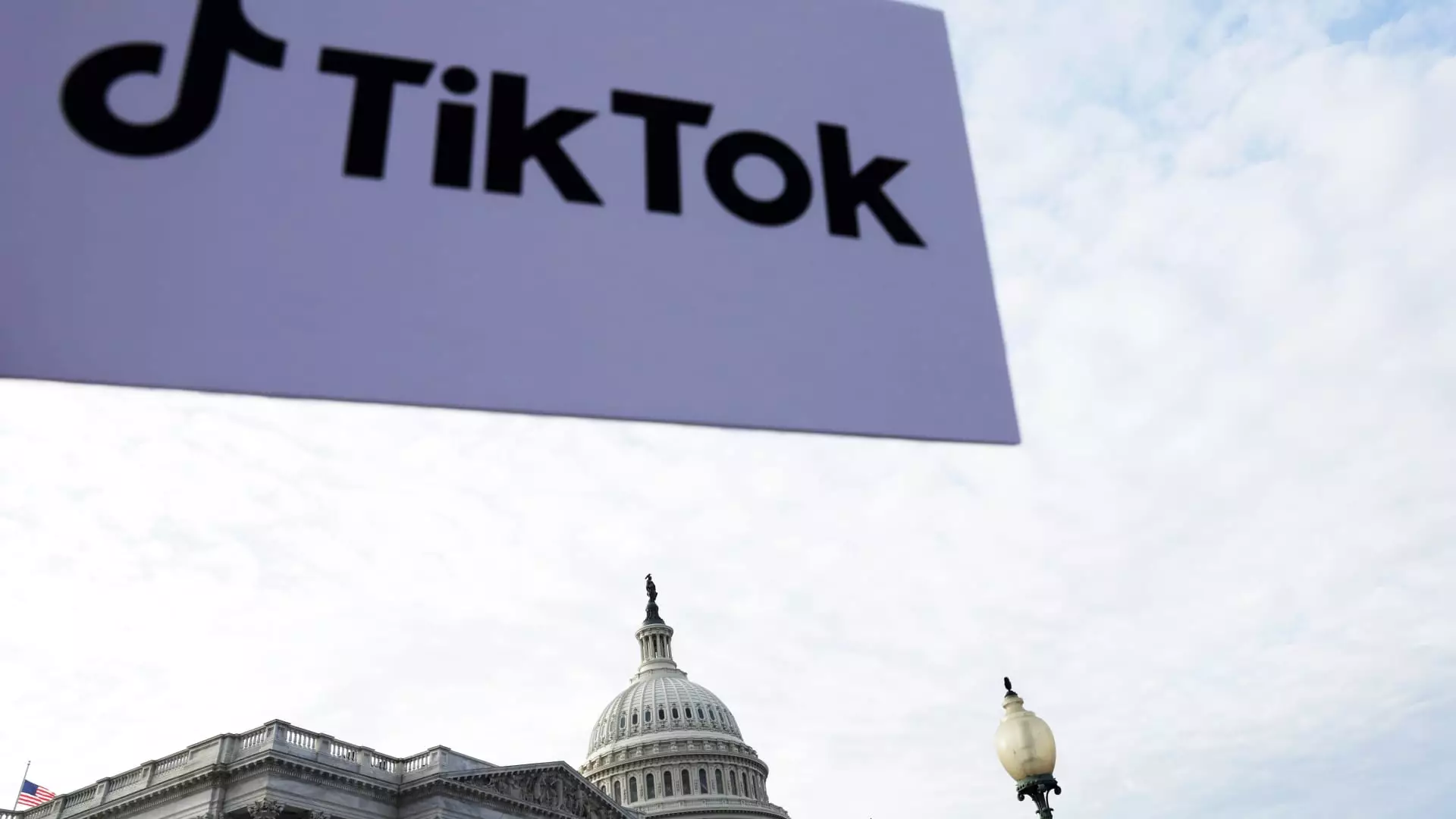As the debate surrounding TikTok intensifies in the United States, lawmakers are exerting pressure on major tech giants Apple and Google to comply with an imminent legal framework that may lead to the app’s ban in the country. With a decisive court ruling and impending deadlines, the intersection of technology, politics, and national security has brought the popular social media platform to a pivotal moment. This article explores the latest developments, examining the broader implications for stakeholders and the potential consequences of a TikTok ban.
Recent correspondence from Representatives John Moolenaar and Raja Krishnamoorthi has highlighted the responsibilities of Apple CEO Tim Cook and Alphabet CEO Sundar Pichai regarding their companies’ app stores. The Select Committee on the Chinese Communist Party sent letters emphasizing the need for tech executives to prepare for the possibility of an effective TikTok ban, underscoring the legal obligations they will face if China’s ByteDance fails to divest from TikTok by January 19. This requirement stems from a ruling by the U.S. Court of Appeals, which underlines the urgency of compliance for these platform operators.
The implications of the court’s decision extend beyond mere operational adjustments; it signifies an escalating stance by U.S. lawmakers to curtail foreign influence over American digital platforms, particularly those associated with potential national security risks. With this call to action, there is an urgent expectation for swift measures to prevent TikTok from continuing operations on U.S. soil if the divestiture does not occur.
TikTok’s response to the law has been characterized by strong opposition, with the company branding it unconstitutional and a violation of the First Amendment rights of its extensive user base. However, the recent ruling by the appeals court dismissed these claims, opining that the legal framework is specifically designed to safeguard national security interests. This presents a complex intersection of corporate rights and governmental authority, raising fundamental questions about free speech, digital governance, and the extent to which national security can override individual rights.
The case is emblematic of a growing trend where technology companies find themselves navigating legal frameworks that pose significant challenges to their operations. As TikTok prepares to appeal the decision to the U.S. Supreme Court, the stakes are higher than ever, not just for the app, but also for creators and small businesses that depend on it for revenue generation.
The economic repercussions of a ban on TikTok could be staggering. TikTok has estimated that a month-long shutdown could lead to losses exceeding $1.3 billion for American small businesses and social media creators. This situation casts a shadow over the potential loss of jobs and income for many individuals and businesses that rely on the platform for exposure and engagement.
It is crucial to recognize that TikTok is more than a social media application; it has evolved into a marketplace for creators, entrepreneurs, and local businesses. The platform enables users to reach a broad audience, facilitating innovative marketing strategies that can propel small enterprises to success. As legislators deliberate on national security issues, an acceleration of discourse around economic sustainability is also imperative.
The political dynamics surrounding TikTok are further complicated by the forthcoming transition in U.S. leadership. While President-elect Donald Trump has refrained from clarifying his stance on enforcing a ban, his past attempts indicate a continuing trend of skepticism towards the app due to its Chinese roots. However, the influence of key investors like billionaire Jeff Yass, who holds significant stakes in ByteDance, presents a counter-narrative that might alter the regulatory landscape.
As the nation grapples with the balance between security and economic impact, the future of TikTok remains uncertain. Ultimately, the ensemble of lawmakers, tech giants, and corporate stakeholders will be instrumental in shaping the next chapter of this complex saga. Whether through legislative measures or creative diplomatic resolutions, it is evident that the resolution of TikTok’s future in the U.S. will have lasting implications for the broader tech industry and its intersection with governance.
TikTok finds itself at a pivotal juncture, balancing legal challenges, economic ramifications, and the scrutiny of policymakers. As the clock ticks down to the divestiture deadline, the unfolding developments will warrant close observation, with potential ramifications that could resonate throughout the tech ecosystem and beyond. Both the outcome of TikTok’s battle and the responses from corporate giants highlight a critical realization—where technology meets legislation, the need for informed discourse and responsible stewardship is paramount.

